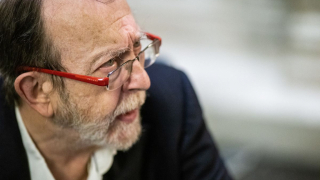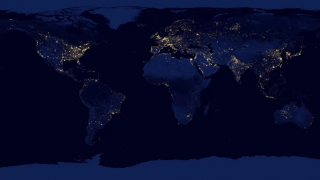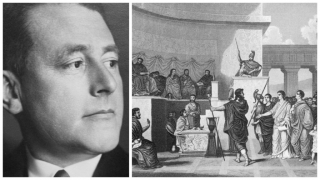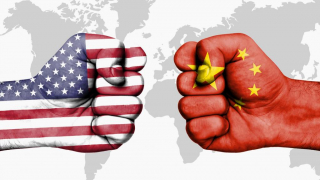Alain de Benoist: Trump, Europe’s Decline, and the Acceleration of History
In this interview, Alain de Benoist offers a provocative analysis of the shifting global order following Donald Trump's return to power. Speaking to Breizh-info.com, de Benoist examines the dramatic realignment of international relations, particularly the fracturing of the transatlantic alliance and America's strategic pivot away from Europe. With characteristic intellectual sharpness, he critiques European leaders' response to these changes, dismissing their calls for military rearmament as futile posturing by "sleepwalkers" who fail to understand the new multipolar reality. De Benoist paints a stark picture of a Europe in civilizational decline, caught between American abandonment and its own ideological contradictions, while offering a philosophical perspective on what he describes as a historic turning point comparable to the fall of the Berlin Wall. His assessment of Trump's pragmatic power politics versus Europe's moralistic approach provides a thought-provoking framework for understanding the current geopolitical transformation.









